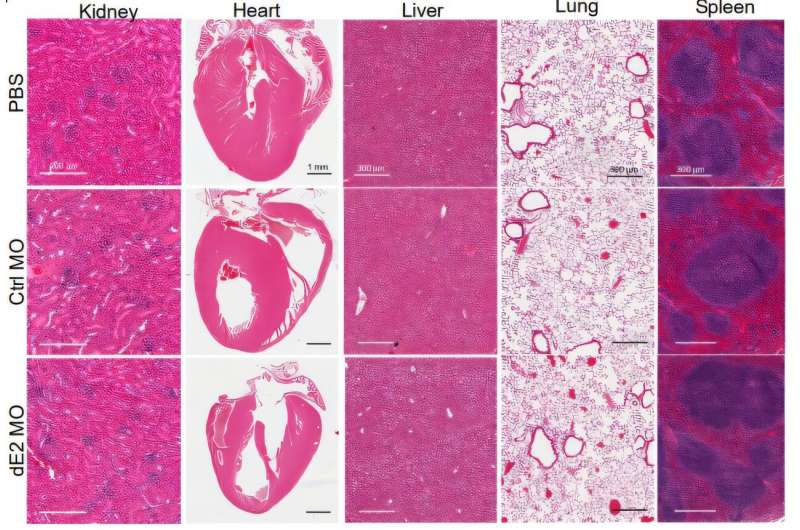The study, published in Science Immunology, could lead to enhanced treatments for aggressive cancers like triple-negative breast cancer, colorectal cancer and melanoma.
The immunosuppressive cells are called regulatory T cells, a type of white blood cell that is known for keeping the immune system in balance, thus preventing the development of autoimmune diseases and allergies. However, within the tumor, these cells can block the immune system from detecting and attacking cancer cells.
“Regulatory T cells are very important in keeping our immune system in check, but trying to eliminate them with drugs can cause dangerous autoimmune diseases in patients, which isn’t a practical approach,” said Baohua Zhou, Ph.D., co-corresponding author of the study and a professor of pediatrics and microbiology and immunology at the IU School of Medicine. “Our goal is to modify how regulatory T cells function, so they fight against tumors instead of protecting them.”

